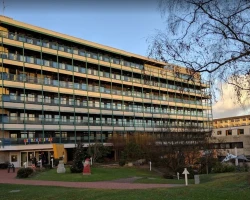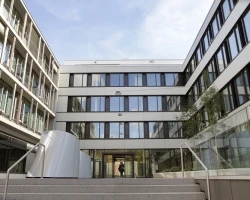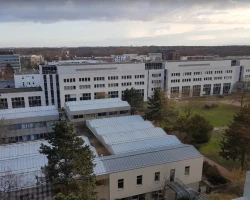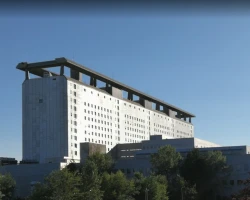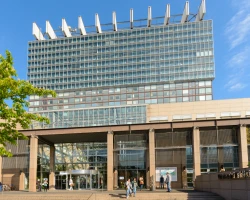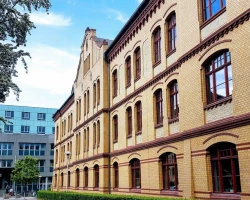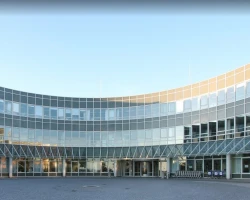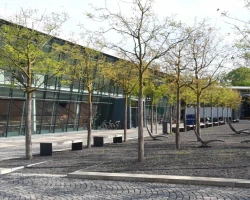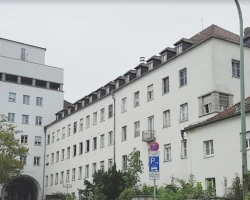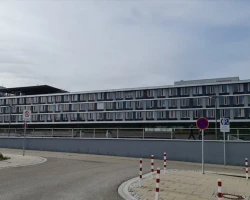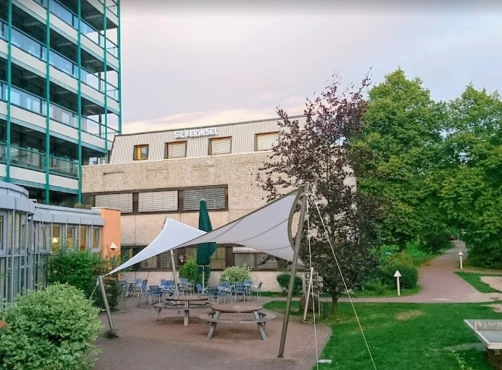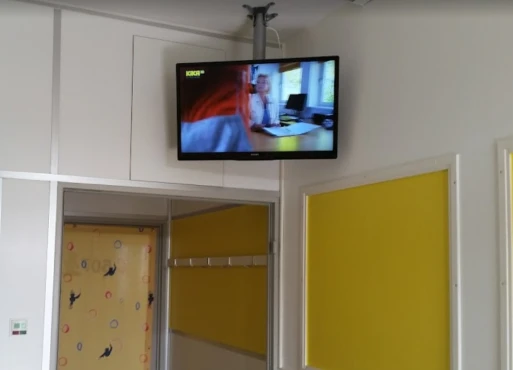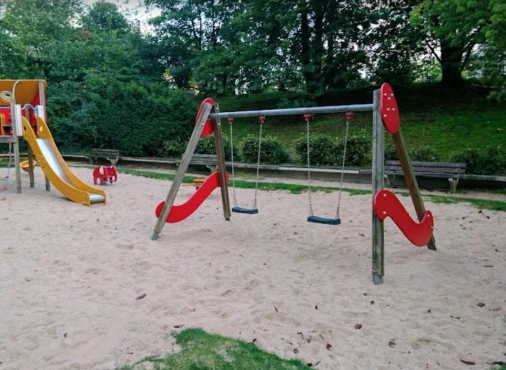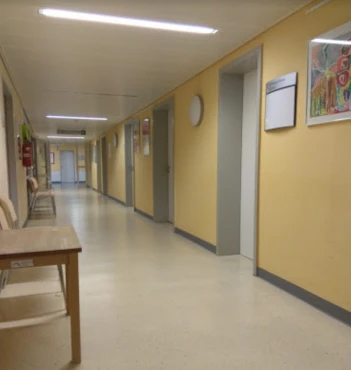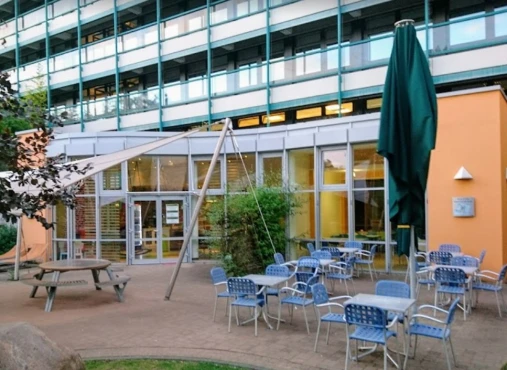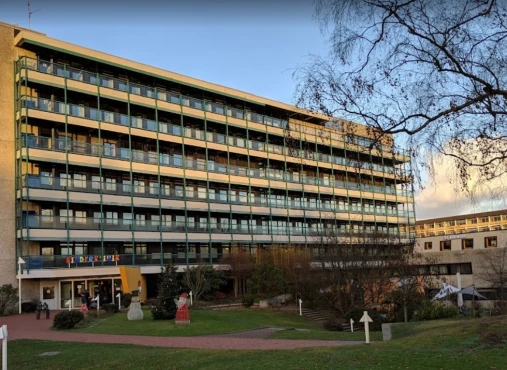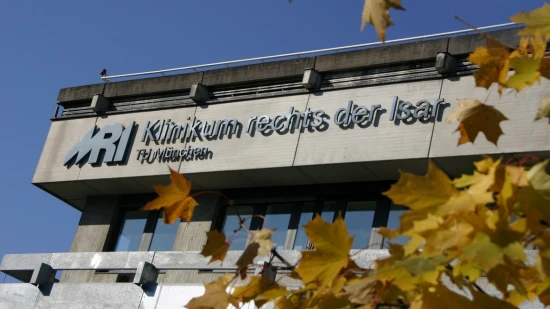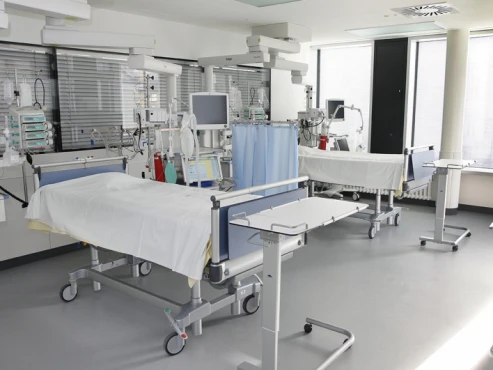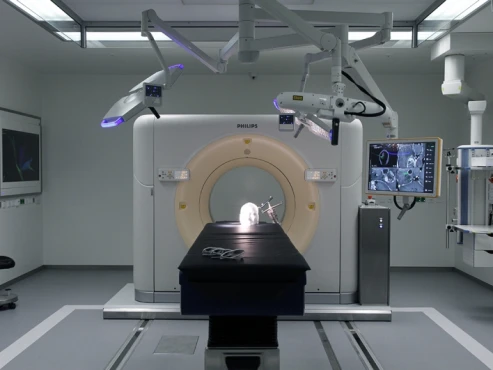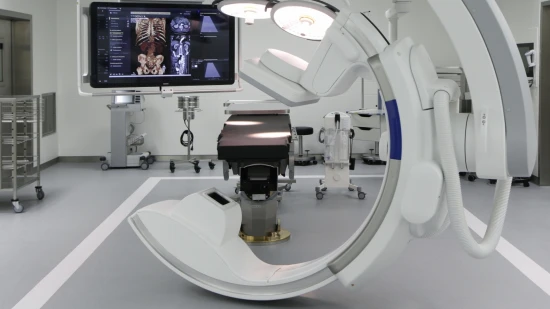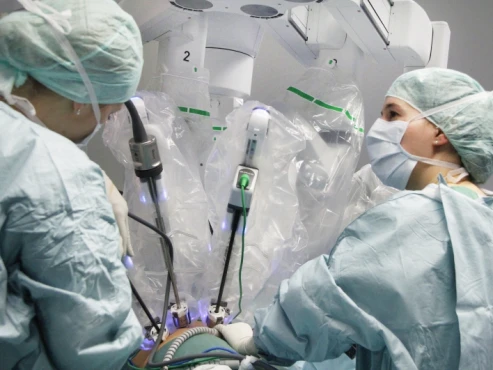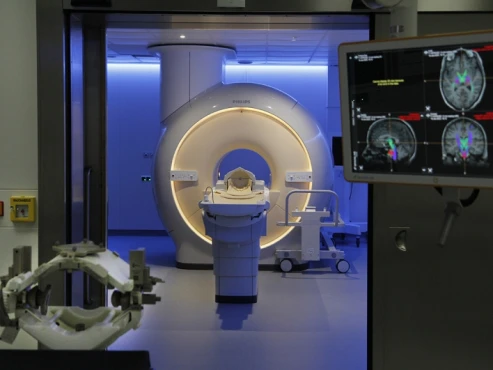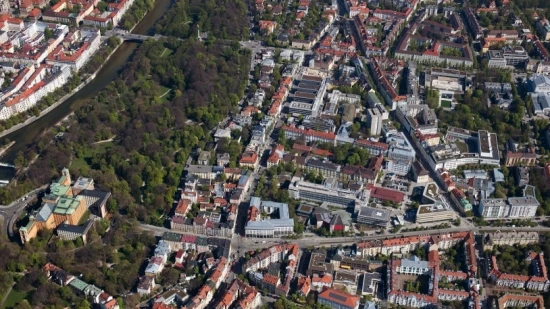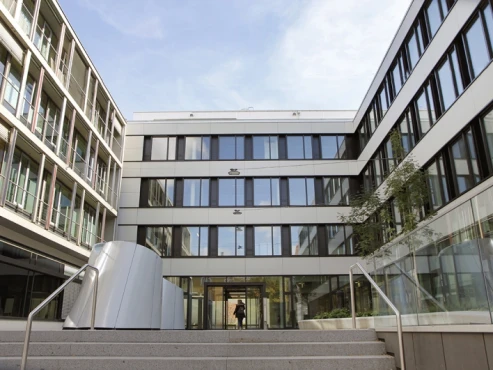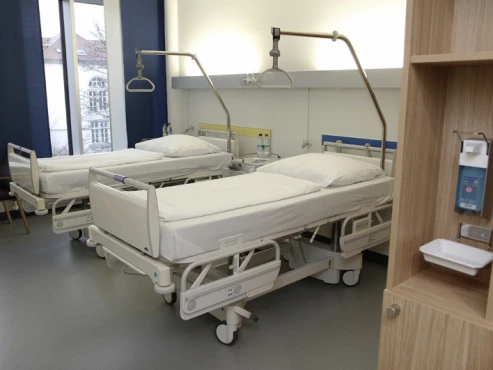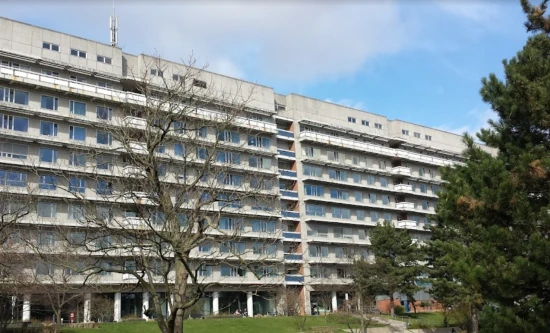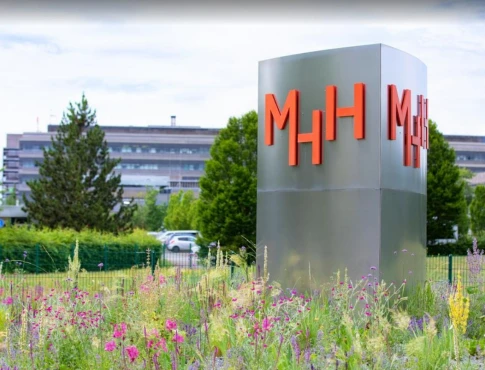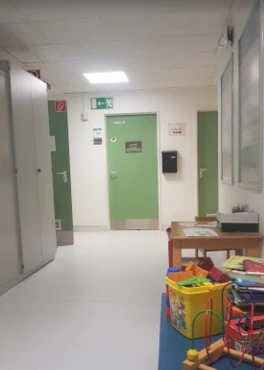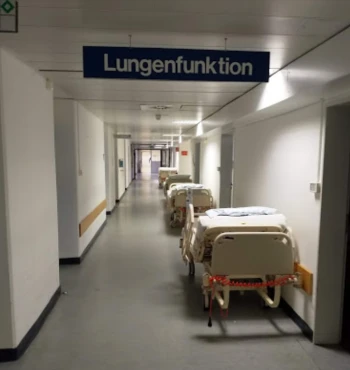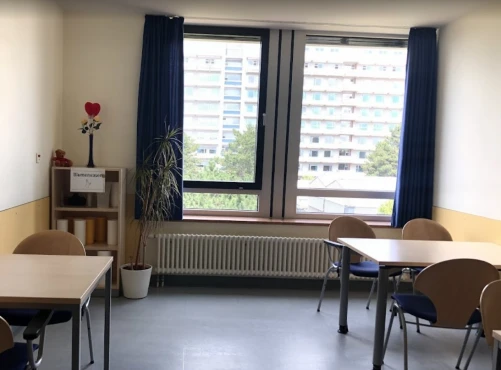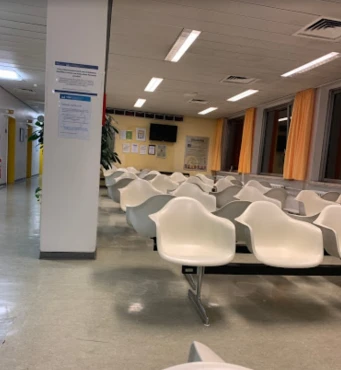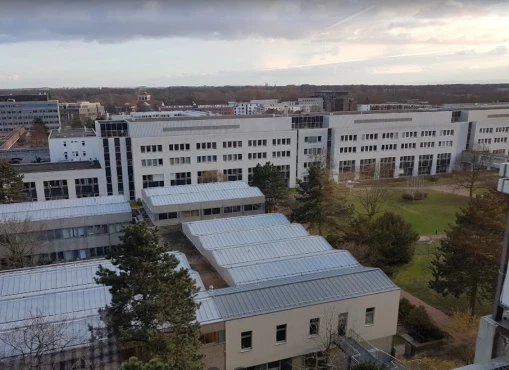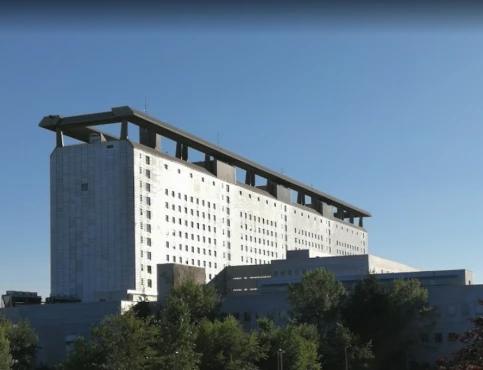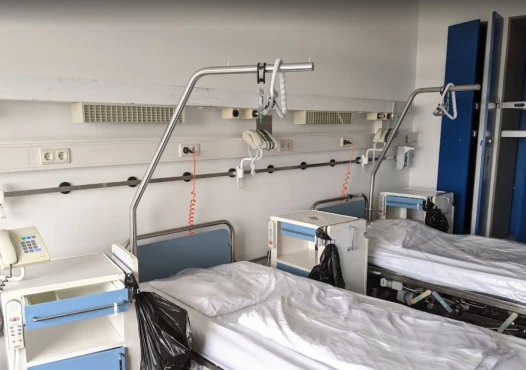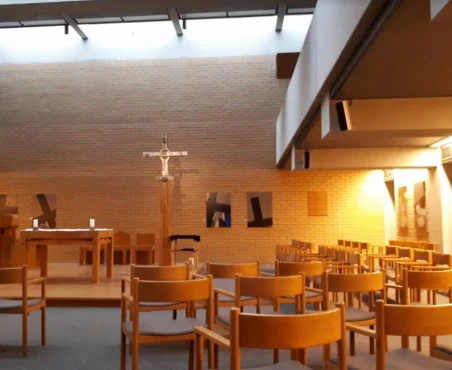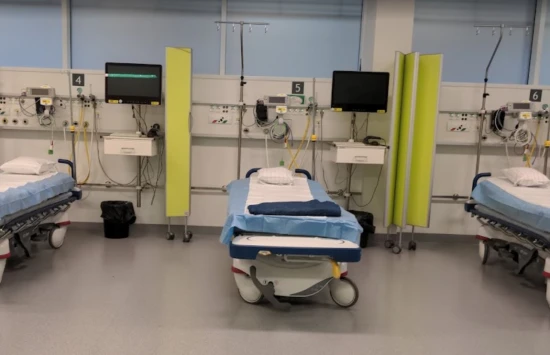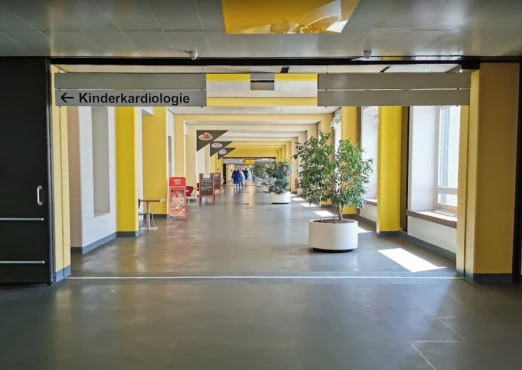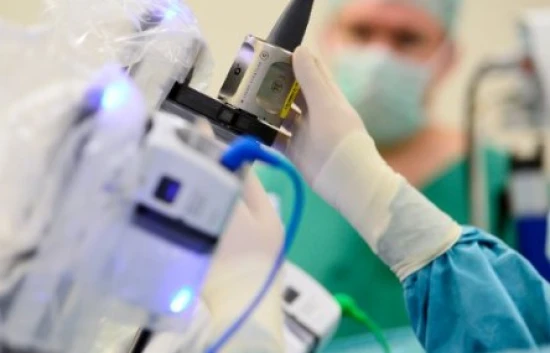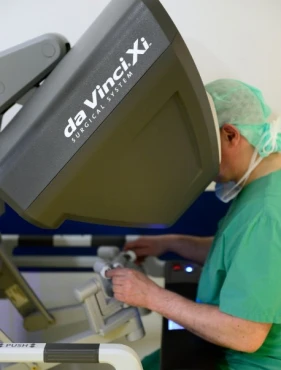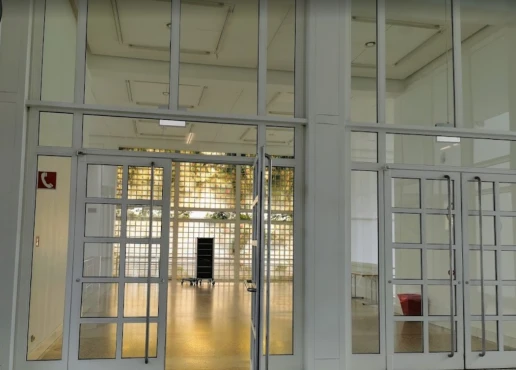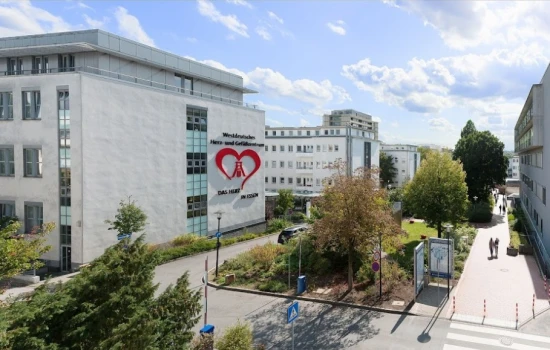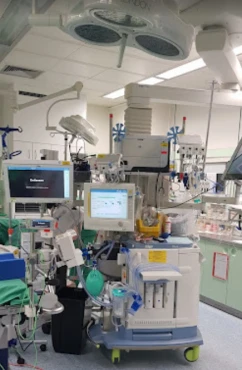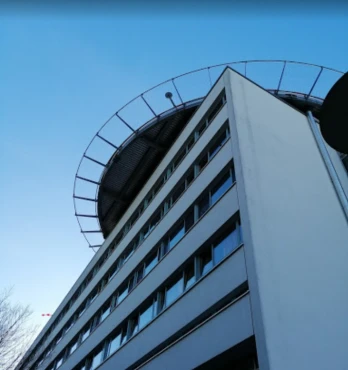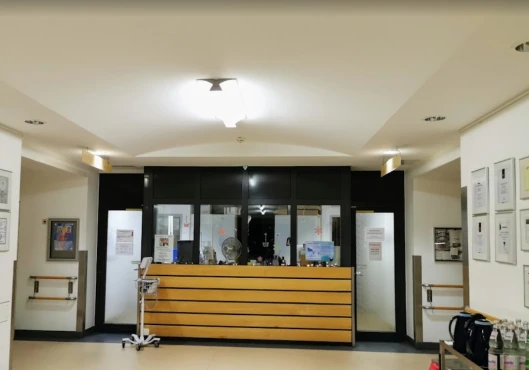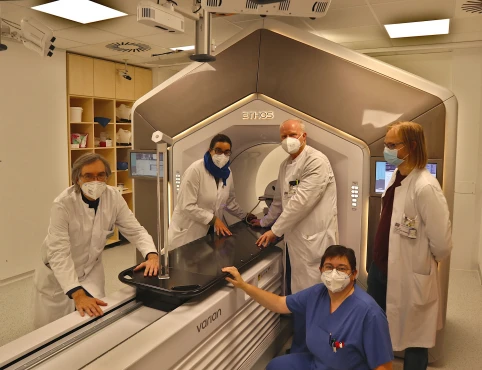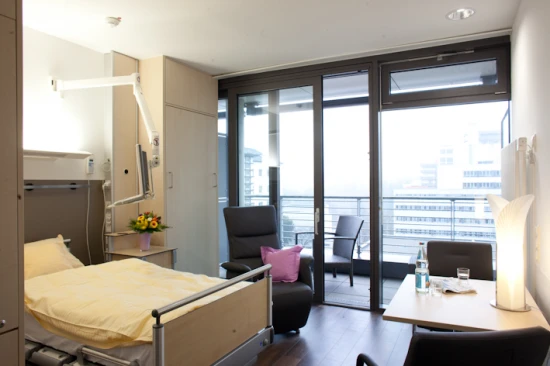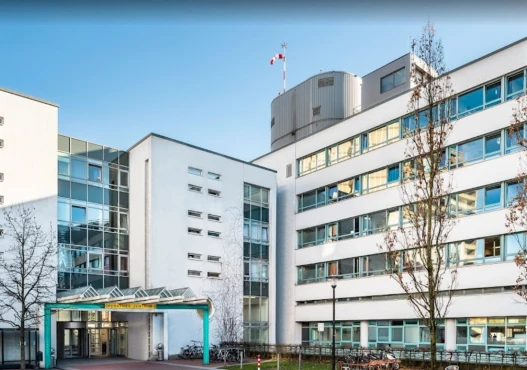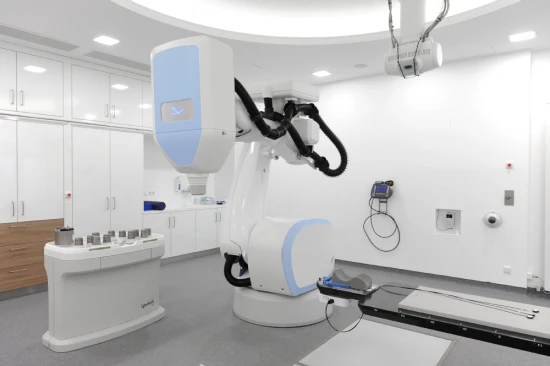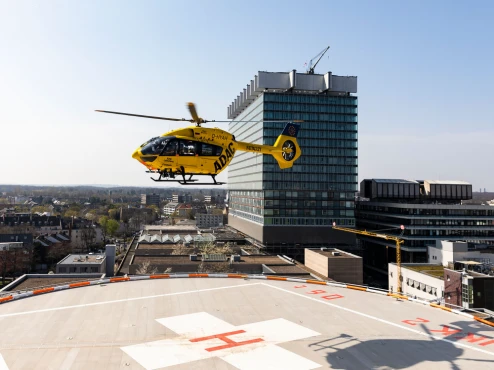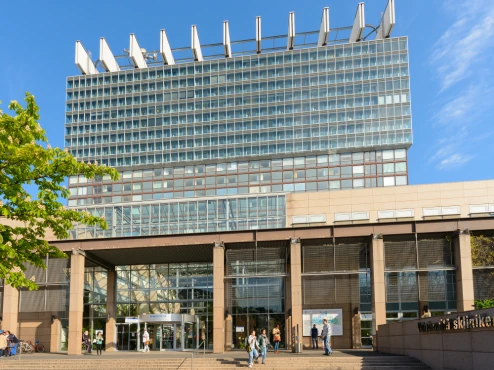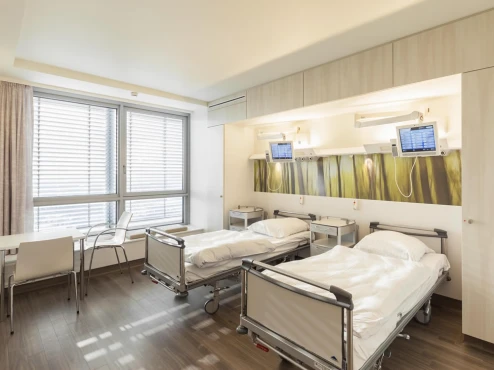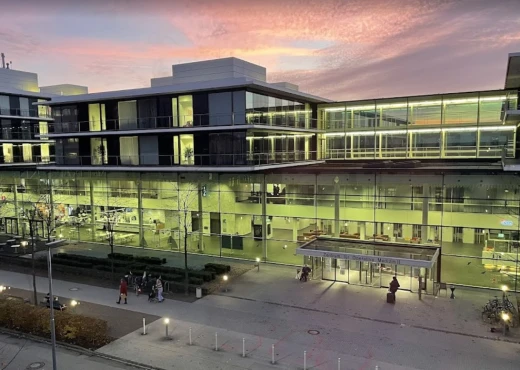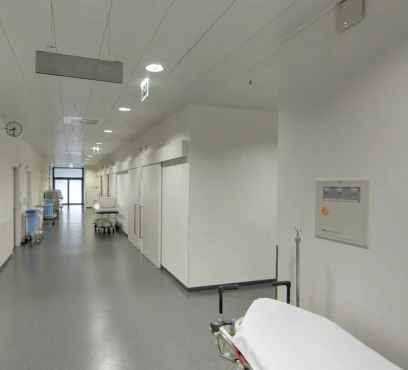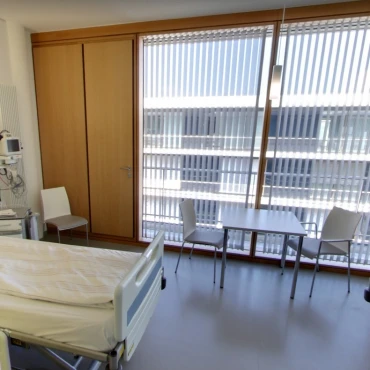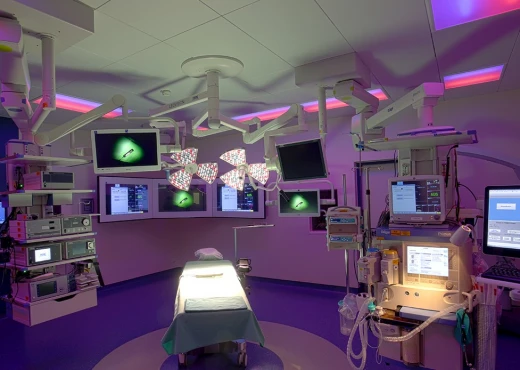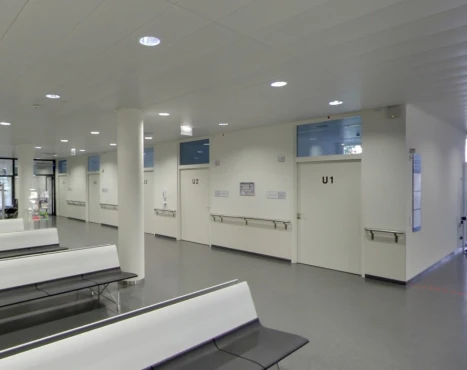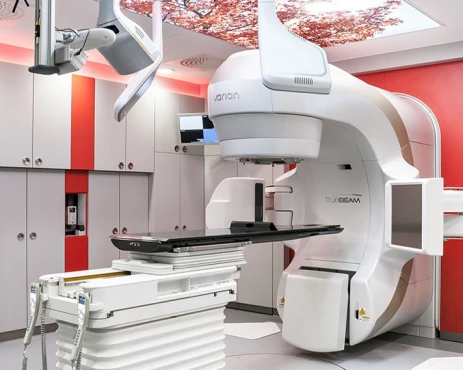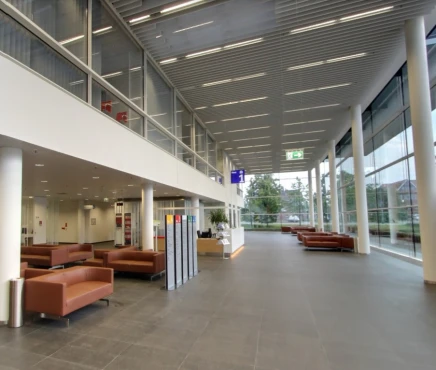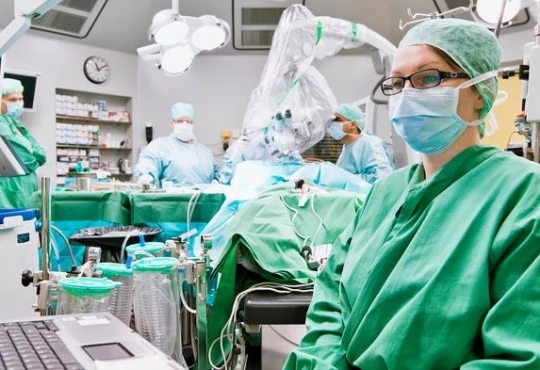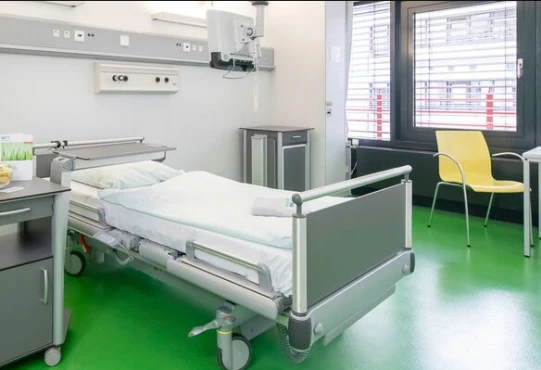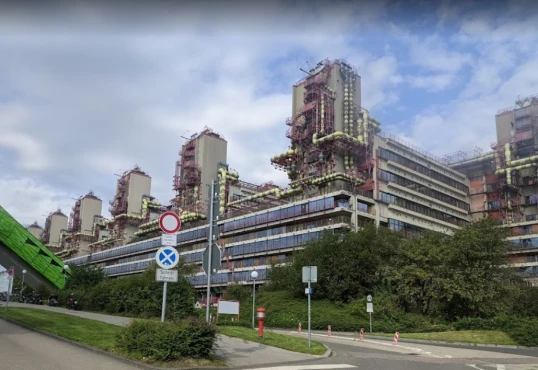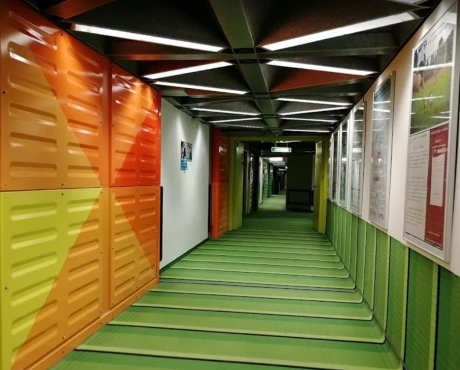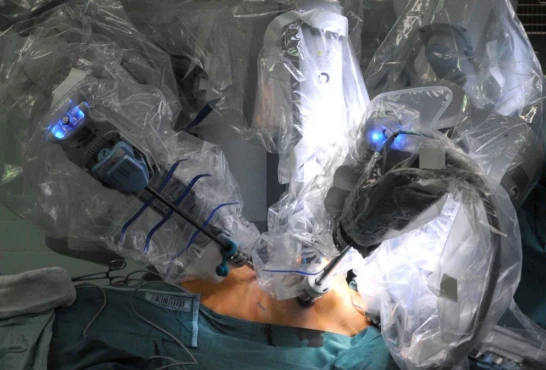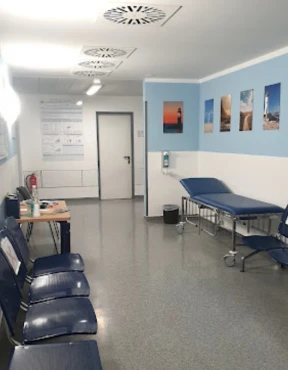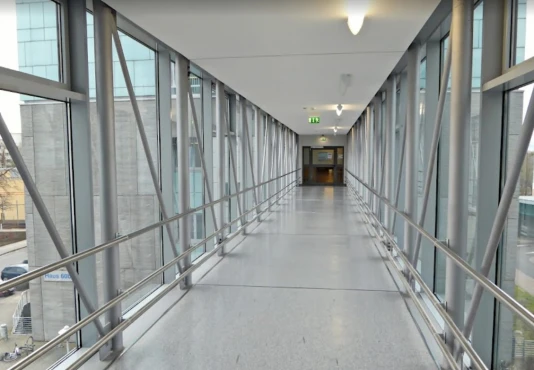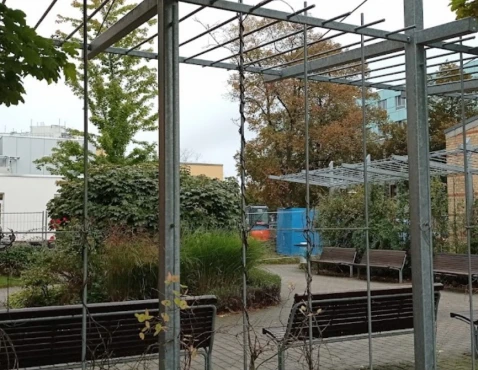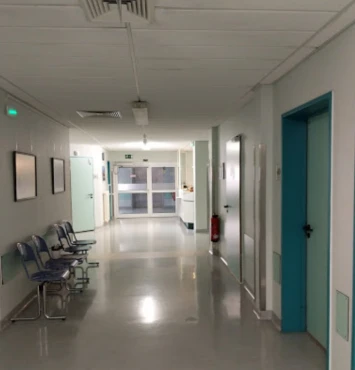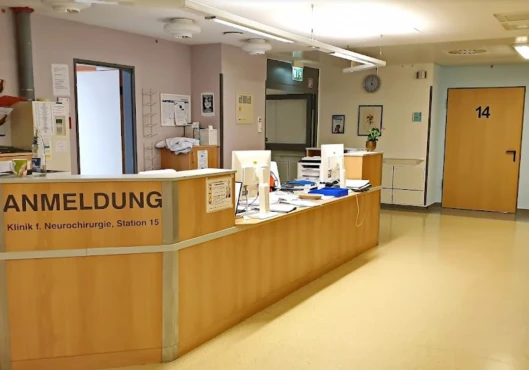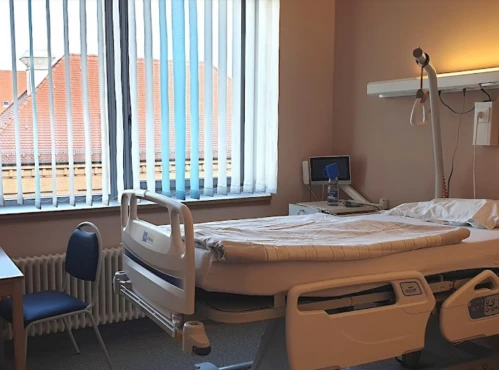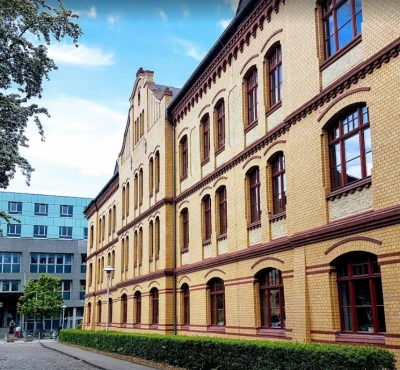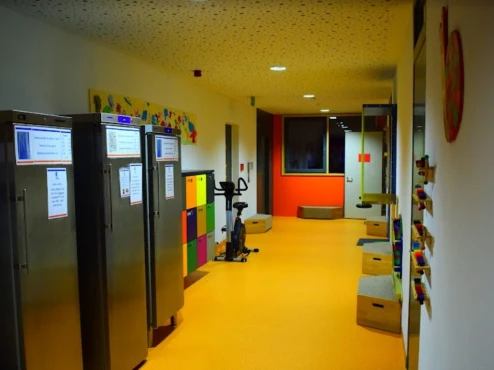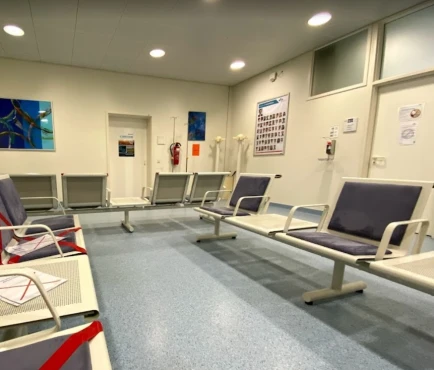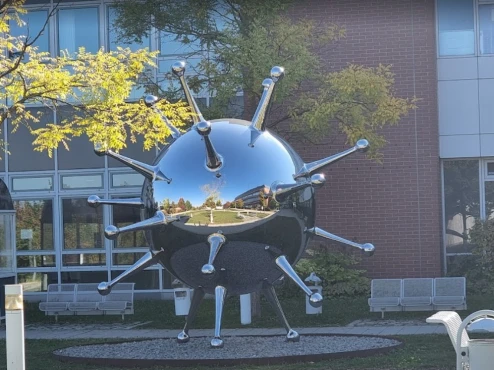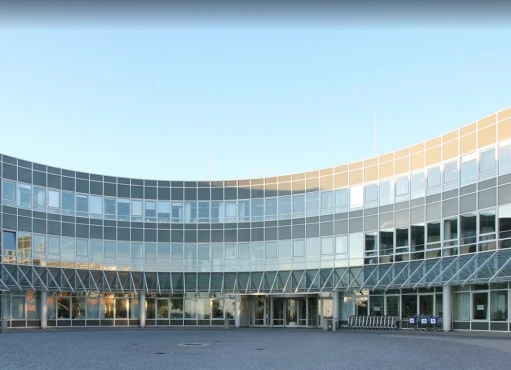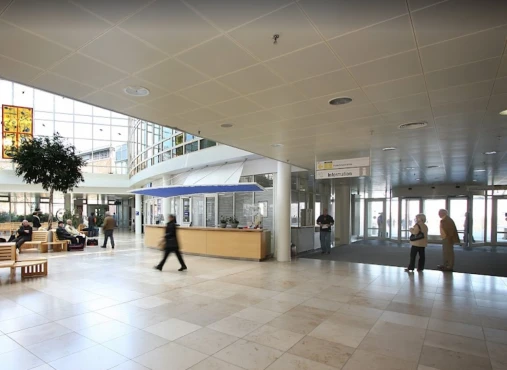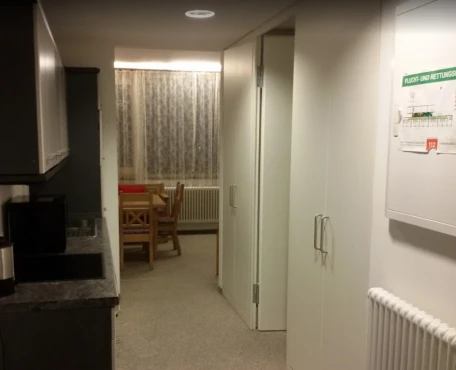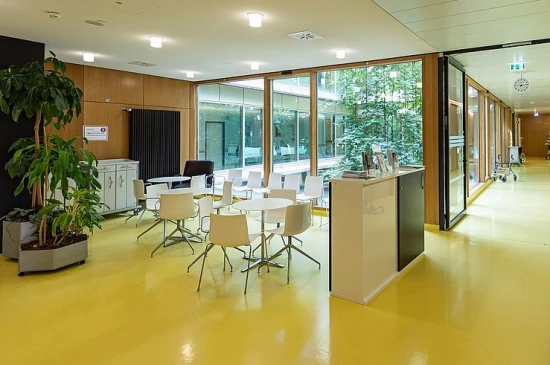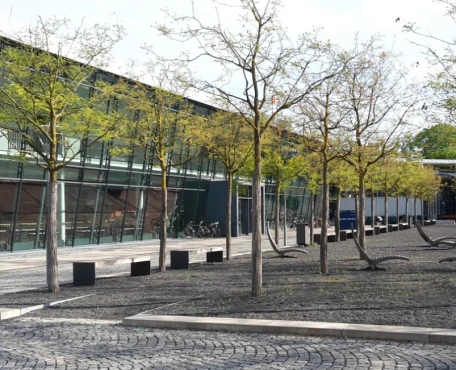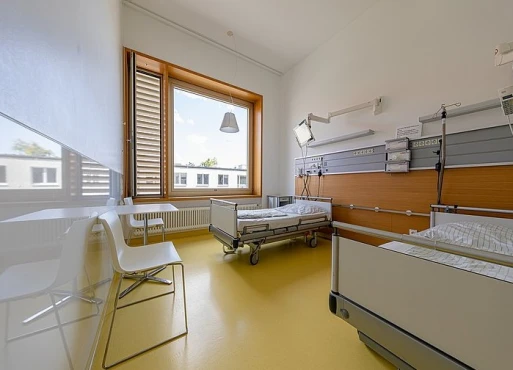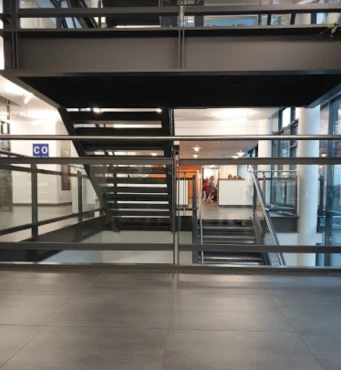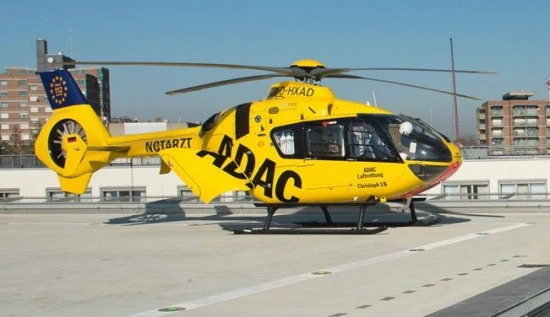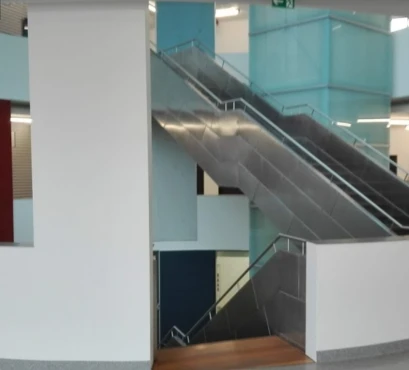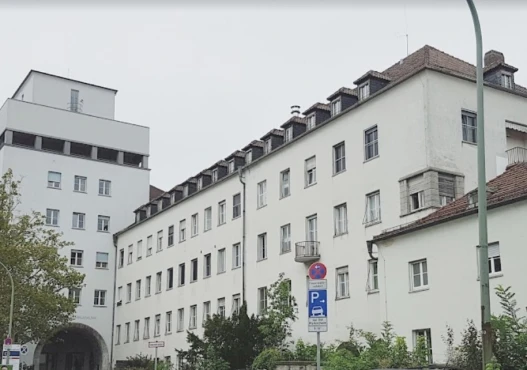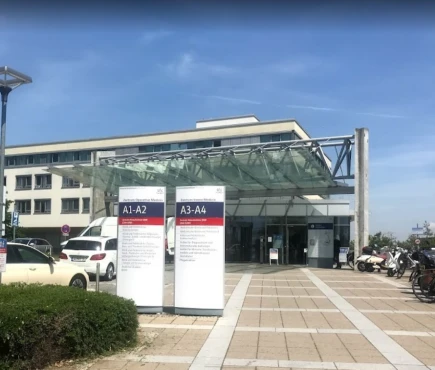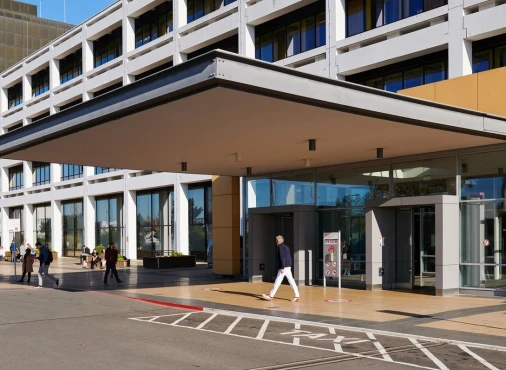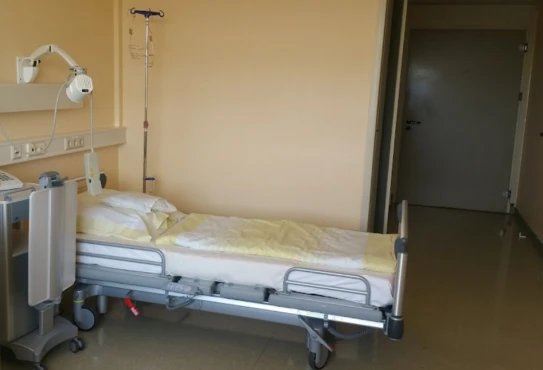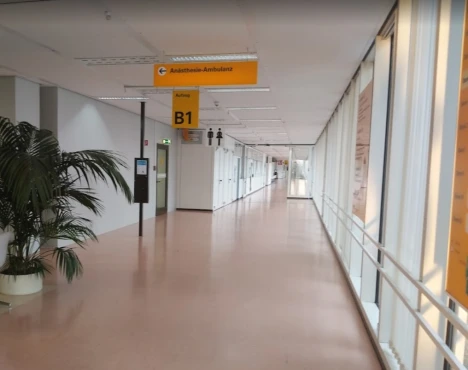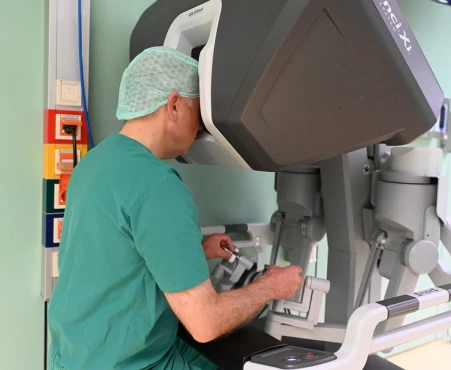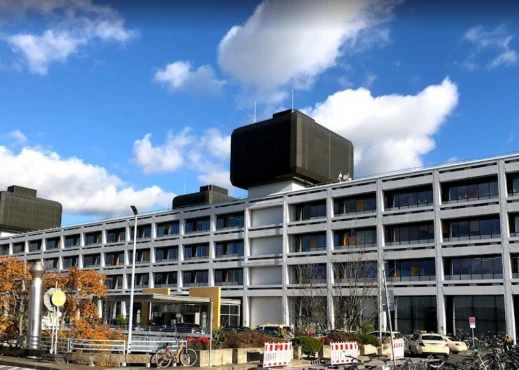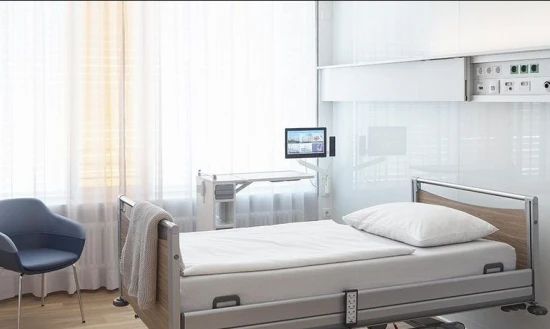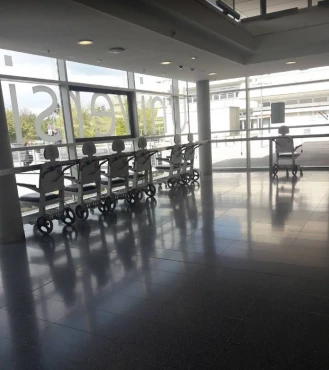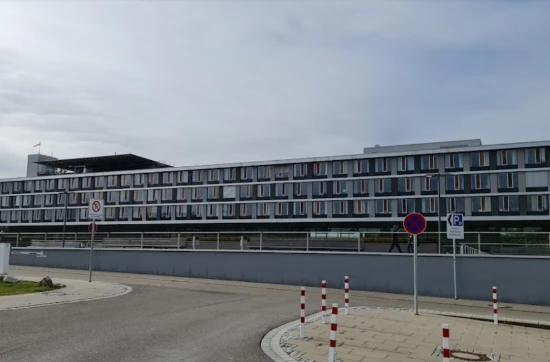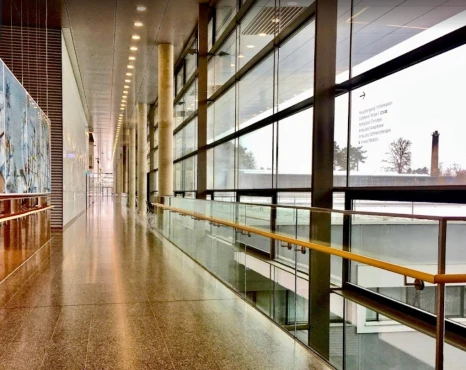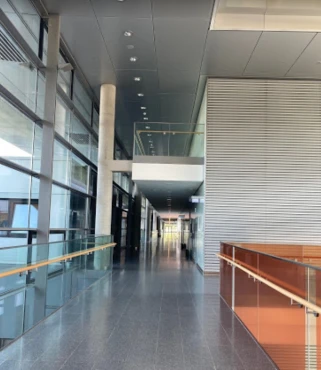from Mayank Chaudhary
September 04, 2023
I want to give Zero star. There is not a single thing good in this hospital.
I broke my foot (multiple hairline fractures) on 17 July. I went to the emergency department (Notfall) and waited almost 6-7 hours (there were hardly 5-6 patients). The doctor did only the XRAY and said no bone is broken. Please take Ibuprofen and sent me back home with an appointment to see me again after 5 days. On Monday i went again, the pain was unbearable. I told the doctor and they did CT scan (waiting time was again 4-5 hours). She told me later that my bones are broken and they put Gips on my foot. After every two weeks, i came for a basic check-up with an appointment but still had to wait 4-6 hours.
Today, 04 Sept, i had an appointment at 11:00. I came on-time and still waiting (it’s been more than 4Hrs+). Is this how a developed country’s hospital should be? Why they are unable to manage a small amount of patients? There are hardly 20 patients.
I’m really irritated, disappointed and angry on the public health care system of Germany.
Better to get treated from a developing nation, where doctors are more competent and you get better service and treatment.
from Williams Richard
March 04, 2023
The worker here are so lovely and caring…despite I don’t understand German but I was loved
from Art Kha
February 14, 2023
I made an appointment on Friday at 11:15 . I come to the appointment and they say they don't have it. They send me to the emergency room instead, where i wait for 3 hours. You sit there, without any clarity, afraid to going to the toilet so not to miss your precious turn, getting hungry and anxious, watching all your day plans crashing apart.
Story #2: I've made an appointment, at "Notaufnahme", the doc told me "make it early", so I scheduled for 8:30. I spend 130eur on taxi to reach the Klinik from Clausthal (the only way to reach at this time). They have a complete haos (bad weather, understandable). Aftet 6h of waiting, it turned out that THEY LOST MY FILE.
(and I asked about my file at the 6h of waiting and received then a rude "you have to wait", instead of them checking if my file was present).
In total, my waiting time: 8;30-20:30, that is 12 (TWELVE) hours.
From the nurses/admin I received no apologies nor kind words nor anything of this kind. The doctor was the only person who got into situation, and applied good "comm skills", kudos to him.
So it happened twice: first, they lost my appointment and told me they didn't have it. (story #1). Second, they lost my documents (story #2).
Story#3: that is a normal interaction: had an apntmt at Notaufnahme at 8:45, waited 1h, got invited, then doc said "surgeon is busy wait for more 30min, go have a tee if you want", came back after 30min, got "serviced". Thanks to the doc for clarity ("go have tee for 30min"). That is a positive interaction: only 1h30min waiting in total, everything was clear. Added one ⭐ (now one, prev 0zero). On the negative side: turned out my Monday visit with 12h waiting was absolutely useless.
Story#4: so they gave me a receipt for physiotherapy, but put the WRONG name on it. I ve an appointments with the physio, waited for three weeks, attended 3 sessions, and the physio now cancelled all the other appointments bcs of the wrong name on that receipt that they gave me. Now I need to get another physio prescription from UniKlinik, then wait another three weeks (?) for new appointments with physio. And all this while doctors are urging me "you really need therapy, or you have big troubles with your joint". Lesson: always check the documents they give you, they make mistakes.
